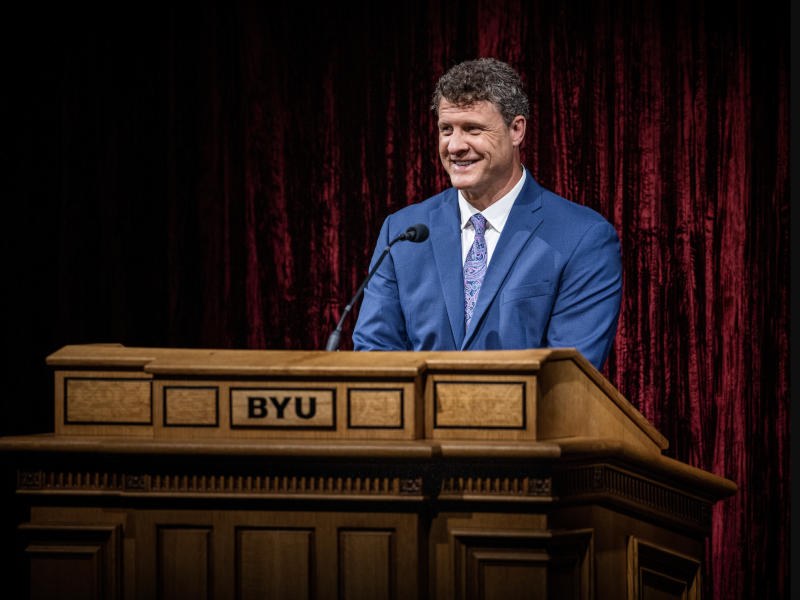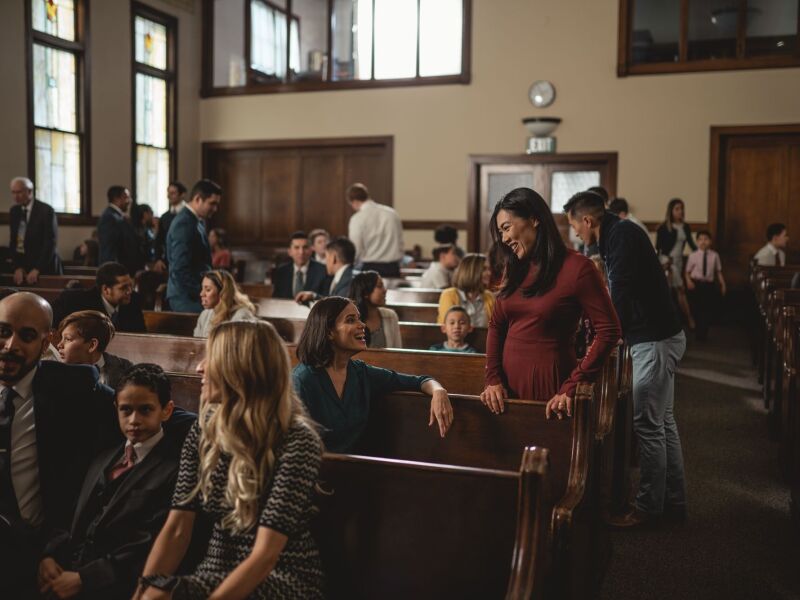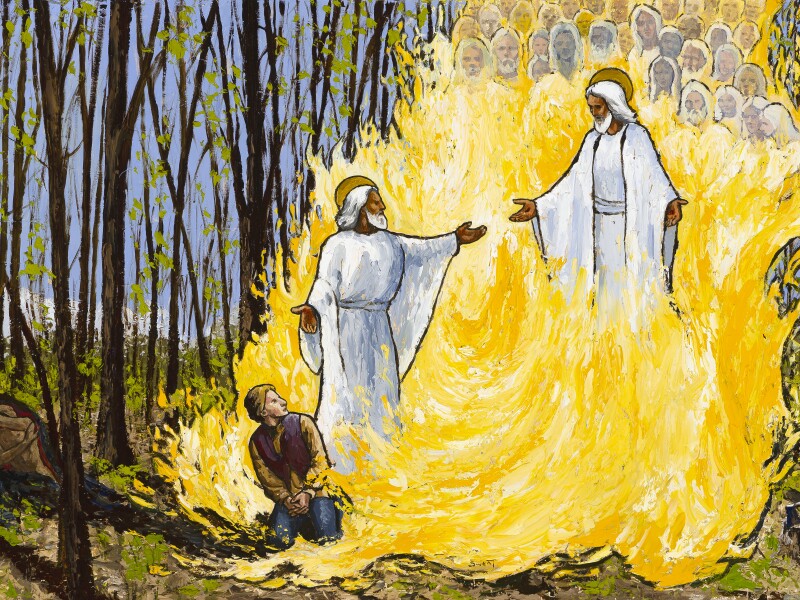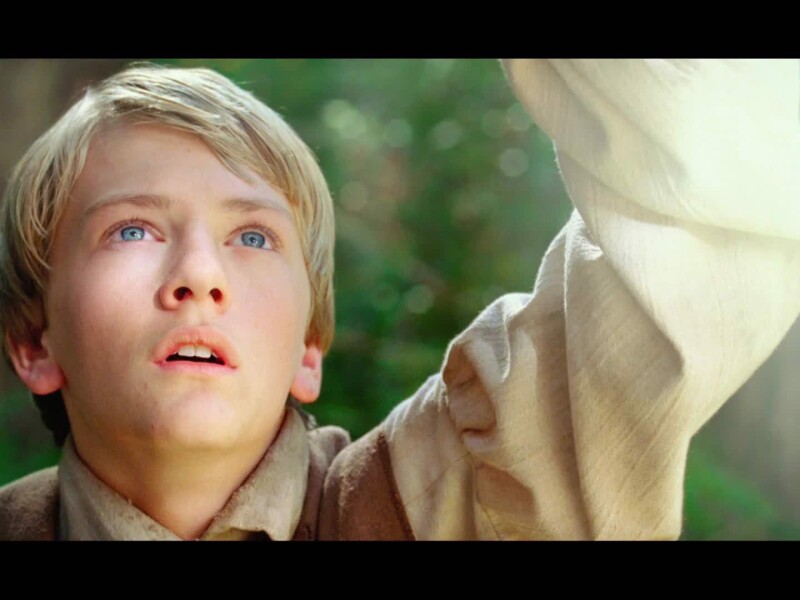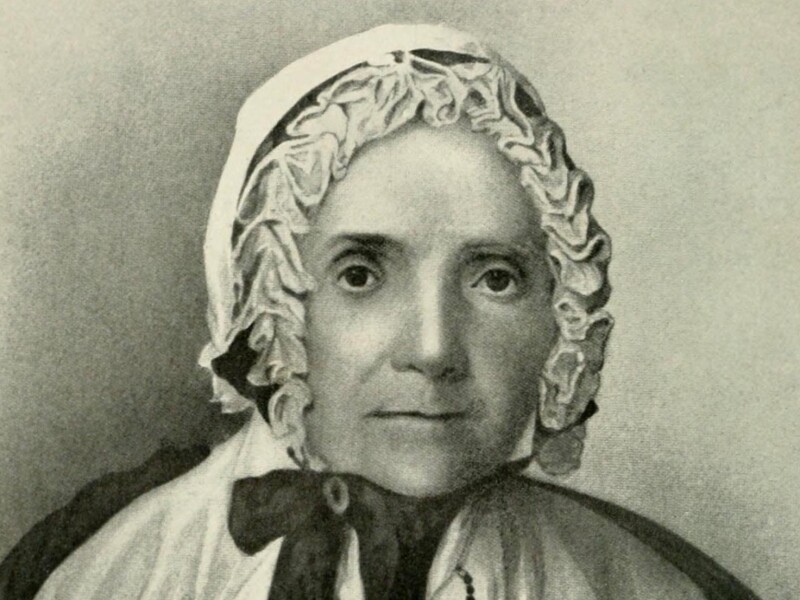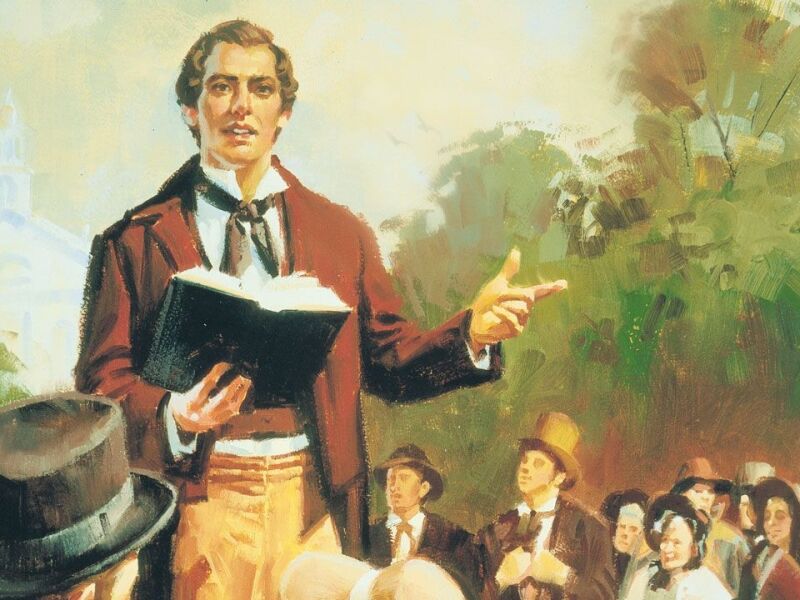Steven C. Harper is married to Jennifer Sebring. He is a professor of Church history and doctrine and Brigham Young University, where his primary work is to teach the restored gospel of Jesus Christ in ways that help students develop resilient faith in and become lifelong disciples of the Savior. He is also the editor in chief of BYU Studies and executive editor of The Wilford Woodruff Papers. From 2012 to 2018, he was the managing historian and a general editor of Saints: The Story of the Church of Jesus Christ in the Latter Days. From 2002 to 2012, he was a volume editor of The Joseph Smith Papers. He has written several books, including Let’s Talk about the Law of Consecration, Making Sense of the Doctrine and Covenants, and First Vision: Memory and Mormon Origins.
-
More




